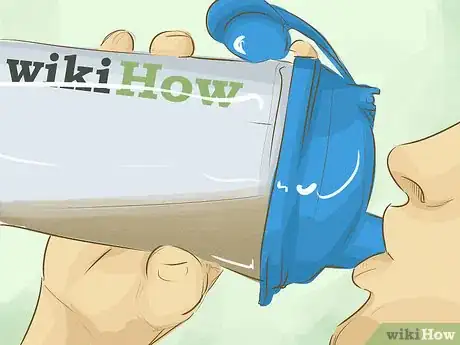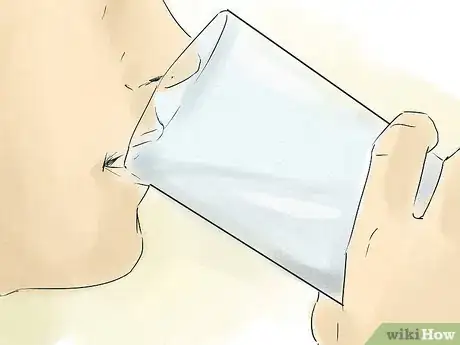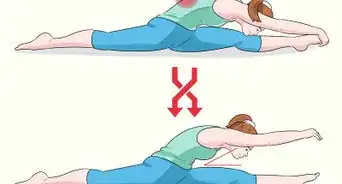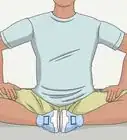This article was co-authored by wikiHow staff writer, Hannah Madden. Hannah Madden is a writer, editor, and artist currently living in Portland, Oregon. In 2018, she graduated from Portland State University with a B.S. in Environmental Studies. Hannah enjoys writing articles about conservation, sustainability, and eco-friendly products. When she isn’t writing, you can find Hannah working on hand embroidery projects and listening to music.
Learn more...
Your gym clothes are on, your sneakers are laced, and you’re ready to hit the weights: all that’s left is to take your pre-workout. But if you dread that itchy, tingly feeling that often happens after taking pre-workout, you’re not alone: many people experience this uncomfortable side effect when using pre-workout powders or supplements. Fortunately, there are techniques you can use to nix that itchy feeling and focus on your workout. Keep reading to learn exactly why pre-workout makes you itch and what you can do to get rid of it and focus on your exercise routine.
Things You Should Know
- Pre-workout makes some people itch because of beta-alanine. This amino acid can cause a side effect that causes tingling and itching.
- Stop the pre-workout itch by splitting up your pre-workout into multiple doses.
- Alternatively, try a sustained-release pre-workout or a pre-workout made without beta-alanine to avoid any uncomfortable side effects.
Steps
References
- ↑ https://www.ncbi.nlm.nih.gov/pmc/articles/PMC3491570/
- ↑ https://www.ncbi.nlm.nih.gov/pmc/articles/PMC4501114/
- ↑ https://pubmed.ncbi.nlm.nih.gov/30003336/
- ↑ https://greatist.com/discover/best-pre-workout#the-best-pre-workout
- ↑ https://totalshape.com/supplements/best-pre-workout-without-beta-alanine/
- ↑ https://www.ncbi.nlm.nih.gov/pmc/articles/PMC3491570/
- ↑ https://www.ncbi.nlm.nih.gov/pmc/articles/PMC4501114/
- ↑ https://www.ncbi.nlm.nih.gov/pmc/articles/PMC4501114/
- ↑ https://www.ncbi.nlm.nih.gov/pmc/articles/PMC4501114/





















































Medical Disclaimer
The content of this article is not intended to be a substitute for professional medical advice, examination, diagnosis, or treatment. You should always contact your doctor or other qualified healthcare professional before starting, changing, or stopping any kind of health treatment.
Read More...